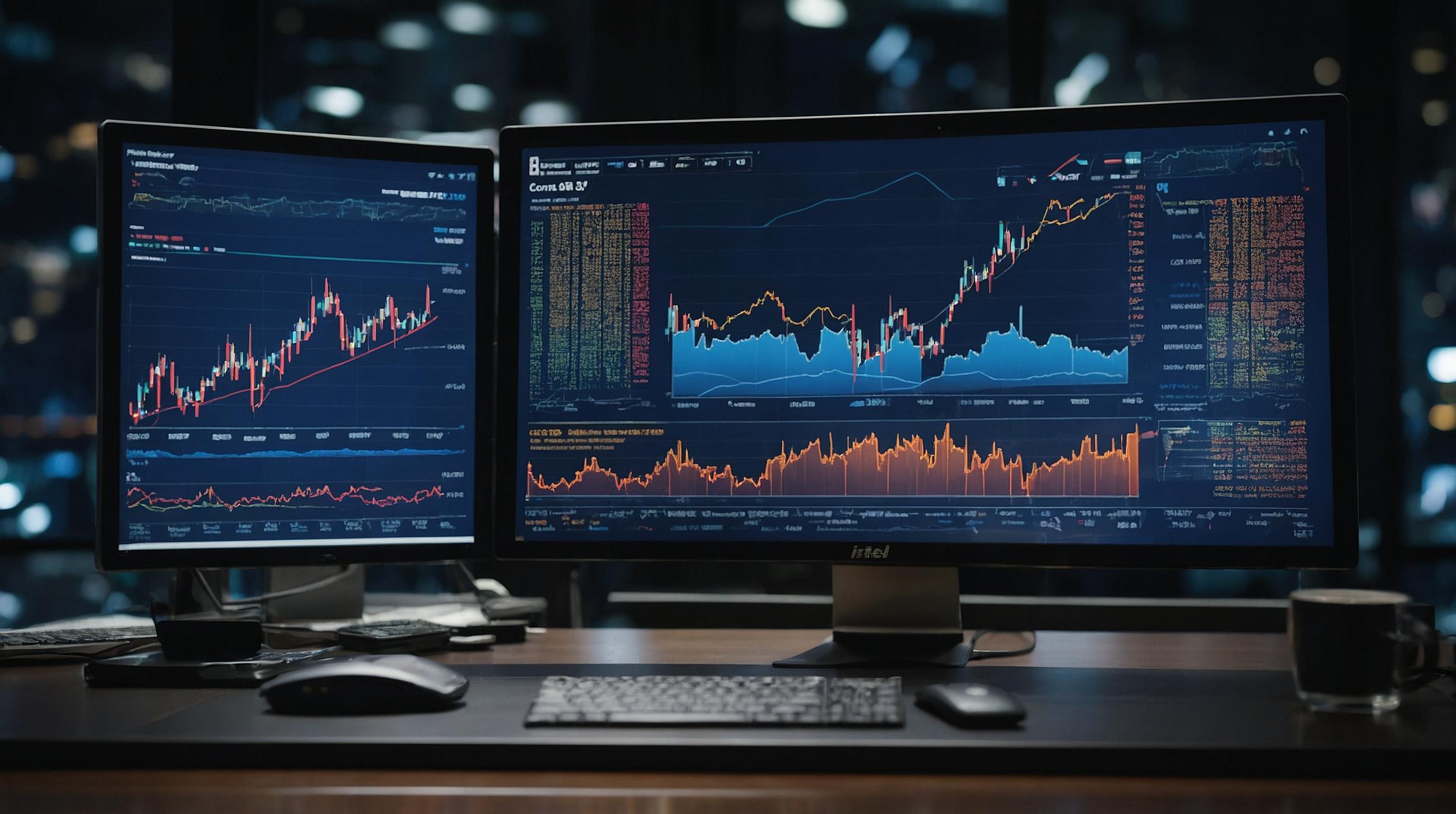**Stock-Market Manias: A Growing Risk for Ordinary Investors
Stock-market manias have a ripple effect far beyond their epicenter, posing a significant risk to 401(k) and IRA investors. The current frenzy surrounding stocks like the soaring Nvidia serves as a prime example, but the threat extends to those opting for what they believe are safer bets, such as index funds like the SPDR S&P 500 ETF Trust (SPY).
Francois Rochon, a seasoned money manager based in Montreal and the founder and CEO of Giverny Capital, highlights a phenomenon he describes as the "index waltz". This scenario involves a handful of booming stocks, notably the Magnificent Seven technology stocks (Nvidia, Apple, Amazon, Google parent Alphabet, Facebook parent Meta, Microsoft, and Tesla), which disproportionately influence the broader market's performance. These companies alone accounted for approximately 30% of the S&P 500's total value recently, underlining their significant impact.
This skewing leads to a ripple effect across the fund industry, where any manager not heavily invested in these megacaps finds themselves underperforming against the index, prompting their clients to jump ship in favor of direct index fund investments. The ensuing pressure forces many fund managers to capitulate, purchasing more of these dominant stocks to avoid underperformance, thus fueling the cycle further.
Despite a wider market downturn with investors selling off $155 billion worth of U.S. stock funds in the first 10 months of 2023, the allure of high-performing stocks in times of mania can lead to the classic trap of buying high and selling low. Rochon warns that the index waltz will inevitably come to a halt, as history shows with none of the top 10 companies in the S&P 500 50 years ago still in place today.
Rochon, a value investor and admirer of Charlie Munger, stresses the importance of not attempting to time the market, considering the unpredictability of its short-term movements. However, his track record of outperforming the S&P 500 by an average of 3.9 percentage points annually over three decades speaks to his strategic acumen.
The latest craze around large-cap growth stocks, particularly the Magnificent Seven, has overshadowed value stocks, with the Vanguard Value ETF noticeably underperforming the Vanguard Growth ETF. This trend has been exacerbated by the recent mania around artificial intelligence. Rochon's message to investors is one of caution rather than divestment; suggesting a dial back on euphoria doesn't mean exiting the market but rather reassessing exposure to potentially inflated assets.
Analyst comment
Positive news: The article highlights the risks of stock-market manias on ordinary investors’ retirement savings, urging caution and reassessment of exposure to potentially inflated assets.
As an analyst, it is expected that the market may experience increased volatility and uncertainty as investors reassess their investment strategies and potentially shift their focus from high-performing stocks to more balanced portfolios. This could lead to a slowdown or correction in the market, particularly for stocks associated with the recent mania, while offering opportunities for value stocks and more cautious investment approaches.













